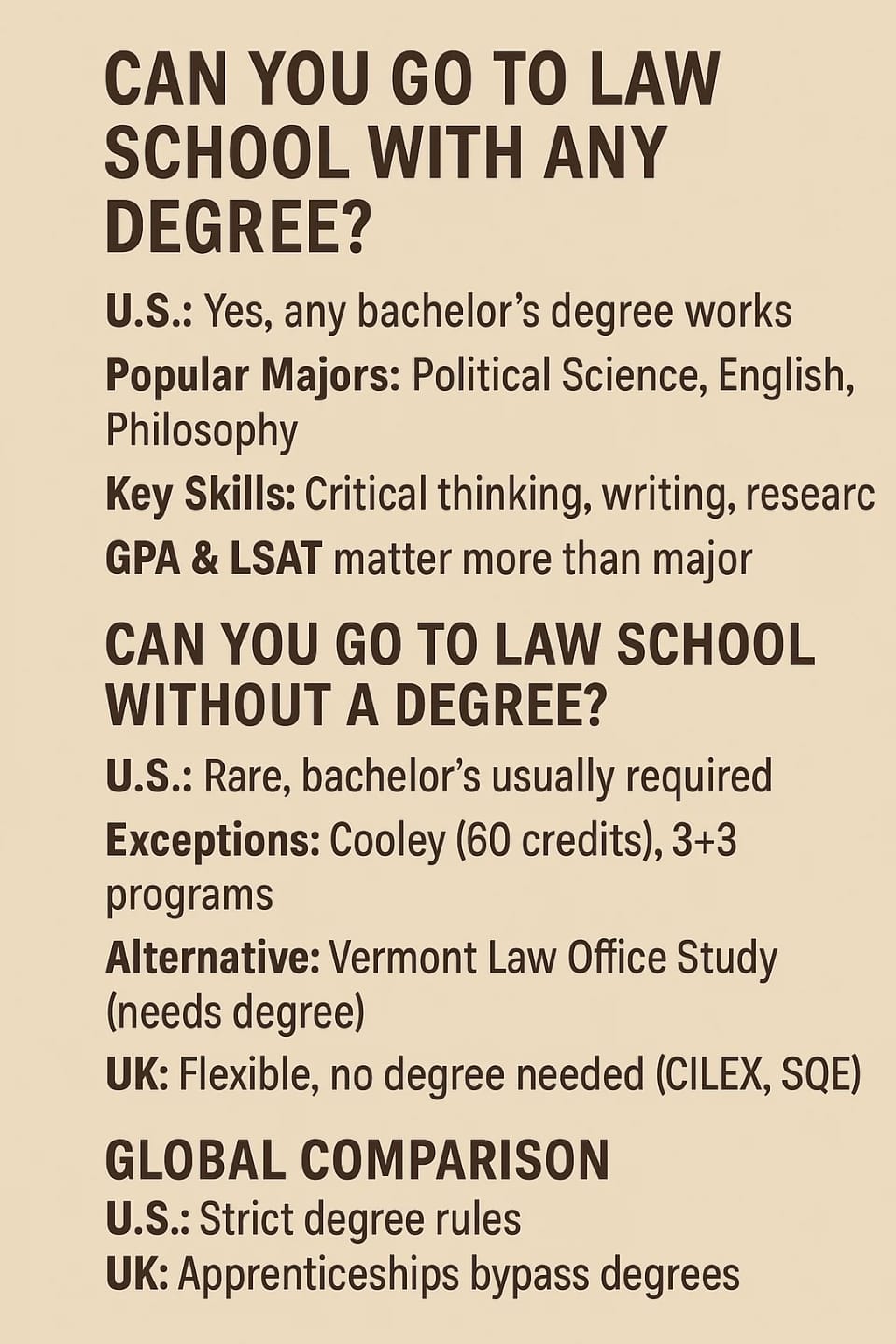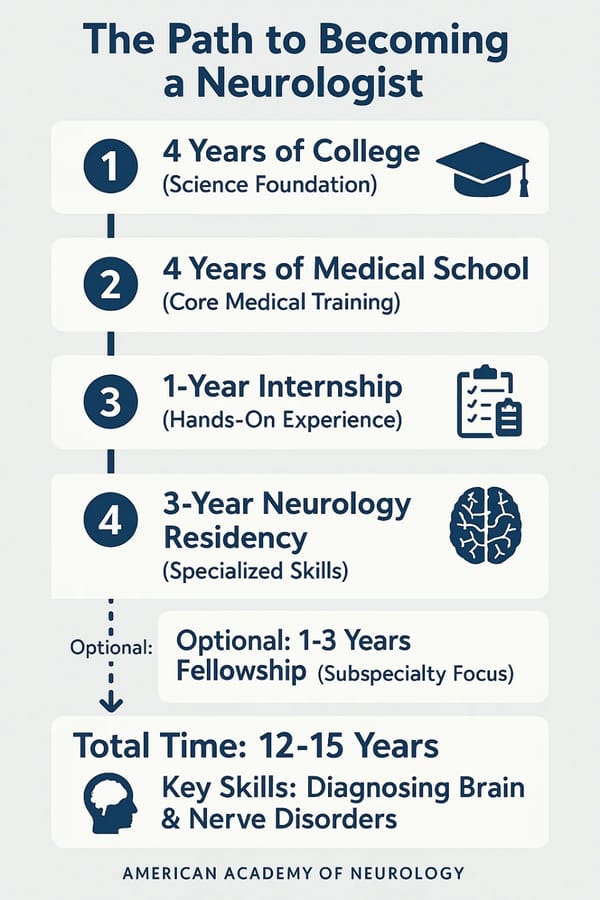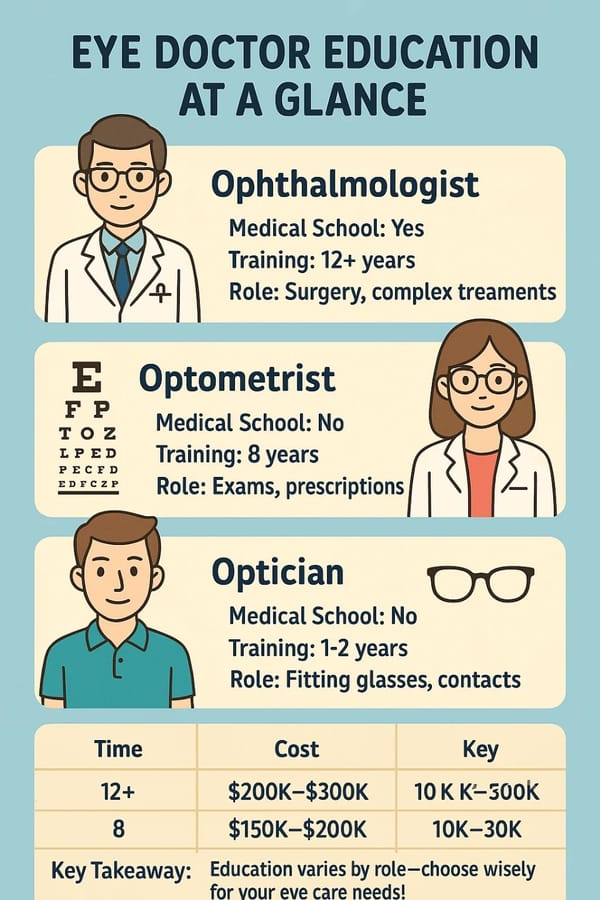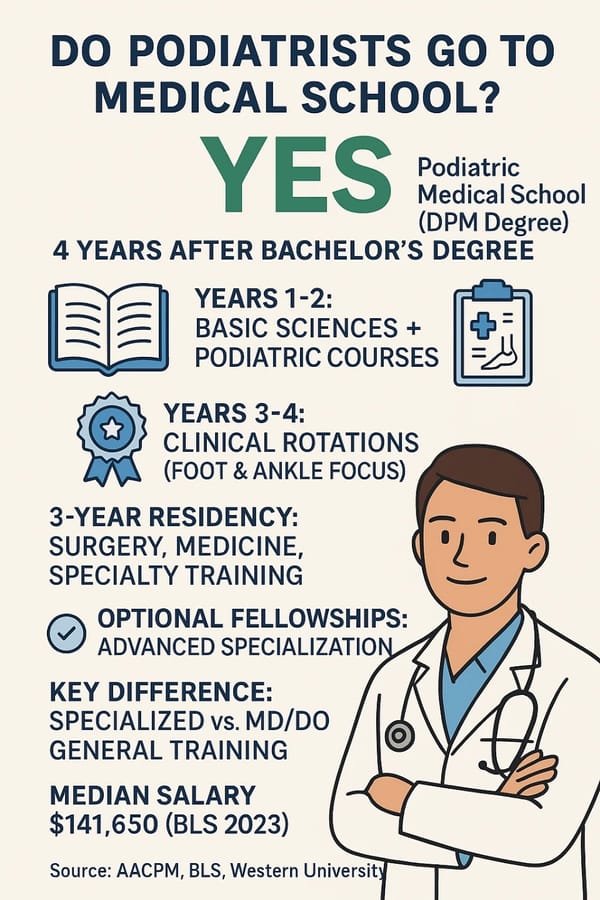Navigating the Path to Law: Degree or No Degree? Your Comprehensive Guide
Ever dreamt of arguing cases in court or shaping legal precedents, but wondered if your academic background fits the bill? The journey to becoming a lawyer is often perceived as a rigid, linear path requiring specific degrees. But is that truly the case? This comprehensive guide delves into the intricacies of law school admissions, exploring whether you can pursue a legal career with any degree or even without one. We'll uncover the realities of U.S. and international requirements, offering actionable insights for aspiring lawyers, career changers, and anyone curious about the world of law.
Understanding Degree Flexibility
Can You Go to Law School With Any Degree?
In the United States, law schools generally require a bachelor's degree from an accredited institution, but they don't mandate a specific major. This means you can apply with degrees in diverse fields such as art history, engineering, or psychology. The American Bar Association (ABA) notes that students from nearly every academic discipline have been admitted, emphasizing the value of diverse perspectives.
What Degrees Are Best for Law School?
While any degree can technically qualify, certain majors are often seen as advantageous due to their alignment with legal skills. Popular choices, according to the Law School Admission Council (LSAC), include political science, history, philosophy, and English. These fields develop critical thinking, research, and writing skills, which are essential for law school success.
- Political Science: Provides a strong understanding of legal systems and institutions.
- Philosophy: Sharpens logical reasoning, beneficial for legal argumentation.
- English: Enhances writing and analytical skills.
- History: Develops research and contextual analysis skills.
However, non-traditional majors like psychology or biology can also be assets. A psychology graduate might excel in family law or criminal defense due to their understanding of human behavior, while a biology major could leverage research skills for intellectual property law. Ohio Northern University law school emphasizes that while there’s no “best” major, courses that challenge you academically can strengthen your application, particularly those with heavy reading and analytical components.
Comparison of Common Majors and Their Benefits
| Major | Benefits for Law School | Potential Drawbacks |
|---|---|---|
| Political Science | Deepens understanding of legal systems and government processes | May lack practical skills like negotiation |
| English | Enhances writing and analytical skills | Less exposure to legal theory |
| History | Develops research and contextual analysis skills | May require additional legal knowledge |
| Philosophy | Sharpens logical reasoning and argumentation | Can be abstract, less directly applicable |
This table underscores that while some majors offer direct relevance, others provide transferable skills, making any degree viable with the right preparation.
Does Your Degree Impact Your Law School Application?
While your degree doesn’t lock you out, admissions committees do consider how your undergraduate studies prepare you for law. They may favor majors with heavy reading, writing, and analytical components, as these mirror law school demands. If your degree is in a less traditional field, highlight transferable skills in your personal statement. Additionally, your GPA and LSAT score often matter more than your field of study. Strong academic performance and test scores can offset perceived gaps, especially for non-traditional applicants.
Exploring No-Degree Options
Can You Go to Law School Without a Degree?
Pursuing law school without a bachelor's degree is generally rare in the U.S., with most ABA-approved law schools requiring a degree. However, there are exceptions and alternative pathways, particularly in specific states or internationally.
U.S. Exceptions: Law Schools Without a Bachelor’s Degree
Most law schools require a bachelor's degree, along with factors like LSAT scores and personal statements. However, exceptions exist. For instance, Cooley Law School allows exceptional students to apply with just two years (60 credits) of undergraduate work or an associate’s degree. Candidates must also research state bar requirements, as some may still mandate a bachelor's for licensure.
Another option is accelerated programs, like 3+3 programs, where you complete your last year of undergrad while starting law school. However, these still require partial completion of a bachelor's degree.
Alternative Pathways: Apprenticeships and Non-Traditional Routes
For those unable to pursue a traditional degree, apprenticeships offer an alternative in certain U.S. states. Vermont’s Law Office Study Program allows you to study under a judge or attorney for four years instead of attending law school, but it requires a bachelor’s degree, making it an alternative to law school rather than a degree substitute. Similar programs exist in Virginia and Washington, but they also typically require a degree.
Internationally, the UK provides more flexibility. You can become a solicitor without a law degree through the Solicitors Qualifying Examination (SQE) or the CILEX route, which requires only GCSEs and relevant work experience. This path allows you to “earn as you learn,” making it accessible for those without a university degree.
Comparison of U.S. and UK Requirements
| Pathway | U.S. Requirements | UK Requirements |
|---|---|---|
| Traditional Law School | Bachelor’s degree, LSAT, GPA | Law degree (LLB) or conversion course, SQE exams |
| Apprenticeship | Bachelor’s degree required (e.g., Vermont LOS Program) | No degree needed; GCSEs, work experience (CILEX route) |
| Accelerated Programs | Typically requires partial completion of bachelor’s degree | Less common, but possible through apprenticeships |
This table highlights the stricter U.S. requirements compared to the UK, where apprenticeships can bypass degree needs entirely.
Personal Considerations and Challenges
Pursuing law without a degree can save time and money, but it comes with challenges. Apprenticeships demand self-motivation and may limit mobility. Without a degree, you might miss broader academic exposure, and self-study can be tough outside a school environment. Research state bar rules thoroughly, as they vary.
Conclusion and Next Steps
In summary, you can go to law school with any bachelor's degree in the U.S., with no specific major required. Going without a degree is rare domestically, with exceptions like Cooley’s policies or apprenticeships, but internationally, the UK offers more flexible paths like CILEX. Whether crafting your application or exploring alternatives, understand your options and leverage your unique skills.
Ready to take the next step? Explore more on LSAC’s resources to find the right path for you, ensuring you’re well-prepared for your legal journey.
Key Citations
(List of citations as provided in the original document)






